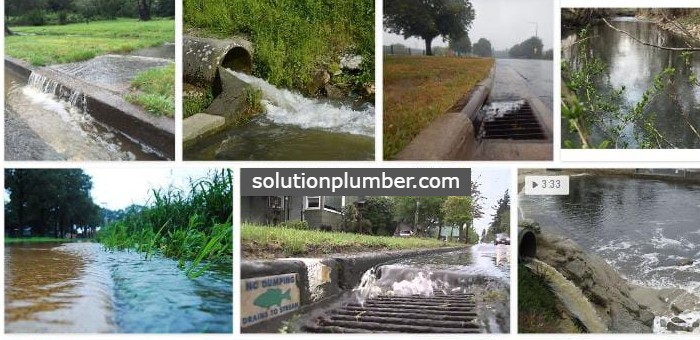If your house is in closeness to neighbors, you need to do extra jobs to protect your property from the damage that comes from neighbors.

WATER CAUSES THE PROPERTY DAMAGE
There are many various types that lead to property damage. The common causes of property damage are a car accident, a tree falling onto the roof of the house, a fire accident, and water damage.
Water damage has a wide range of consequences for structures. Your floor may deform if water gets into parts of your property where it shouldn't. Beautifully painted walls can potentially be discolored by water damage. All that wetness might lead to the growth of mold inside the structure, as well as a vermin infestation. Worst of all, uncontrolled water damage can harm a building's foundation.
Water damage can sometimes be deceptively expensive. You may believe that an inch or two of water flooding your house or company will not break the bank, but there have been occasions where that small amount of water has caused damage that has cost thousands of dollars to repair and restore.
THE RUNOFF FROM A NEIGHBORS
Water damage is also commonly caused by runoff from a neighbor's property. Water overflow from a neighbor's property can have a variety of causes, starting with the obvious. Natural surfaces that soak up rainwater are replaced when a pool or concrete deck is built. You're in the direct line of runoff when you're down from new construction. In addition, the selection of the roof types and the gutters in covering the rainwater is imperfect can also cause problems for the surrounding area.
Rainwater is expected to be drawn away from the house by the gutter system. Over time, however, gutters are frequently blocked by leaves, branches, and other debris. Rainwater will not be able to flow away from the property properly and will instead overflow the gutters, causing water damage to the ceiling, walls, floors, and even running down the side of the house.
Water flow might be diverted and sent streaming through your property if your neighbor makes big landscape improvements. A neglected yard next door could be the source of the problem. Lawns that aren't well-kept might degrade and cause flooding in your home.
CAN I SUE MY NEIGHBOUR?
Actually, there are two factors to consider who is responsible for the water runoff. First, if the water runoff is caused by the weather, then suing the neighbor means nothing.
Second, however, if your neighbor does anything careless that causes excessive flooding on your property, you may have grounds for legal action.
Anyone who suffers from frequent flooding and property damage as a result of their neighbors' water flow should seek legal counsel. However, you and the family who lives next door are certain to have a lot of conflict as a result of this. Unless you have no other choices, you should avoid going to court.
Therefore, the most important rule is to always consult with your neighbor before beginning work, repairs, or attaching anything to the fence.
However, If you think you need to hire a lawyer, make sure they look over your insurance coverage to see if there's any way your policy might help pay for some of the repairs.
So, if there is water on your property, clean it up as soon as possible to ensure your property’s safety.
THEN, WHAT SHOULD I DO?
Somehow, to know the simple defense of how to protect the water runoff from neighbors is important. Here are some ways what should you do if it happens.
- Observe Around Your House
Observing the possibility around your house is the best first step that you can do. Start by checking the upper your neighbor,s house and the lans structure as well. İf you look it is possible the water can runoff to your area, get ready for the next step.
- Build A Boundary
İf you see the possibility of water falling from the upper, divert the water by making containers, pipes, or gutters that lead to a safe place. Then, if you see the possibility comes from the structure land, which yours are lower than others, plant grass or vegetation on there. This step can help you to block the water from entering your yard.
- Track The Water Into A Dry Well
Before you start building your boundary, make sure to measure out where the water will go to. A dry well is the best option to lead the water because it creates an underground area where the water can gather. Eventhough, creating a dry well is requires some hard work, but it gives an excellent result.
Dealing with water runoff can be exceedingly inconvenient. It is not only a time-consuming project to remove, but it also has the potential to cause significant harm to one of your most important investments.
However, there are a variety of ways to keep water from ruining your home. If you're having trouble with regular flooding in your yard, you might want to consider hiring an expert.